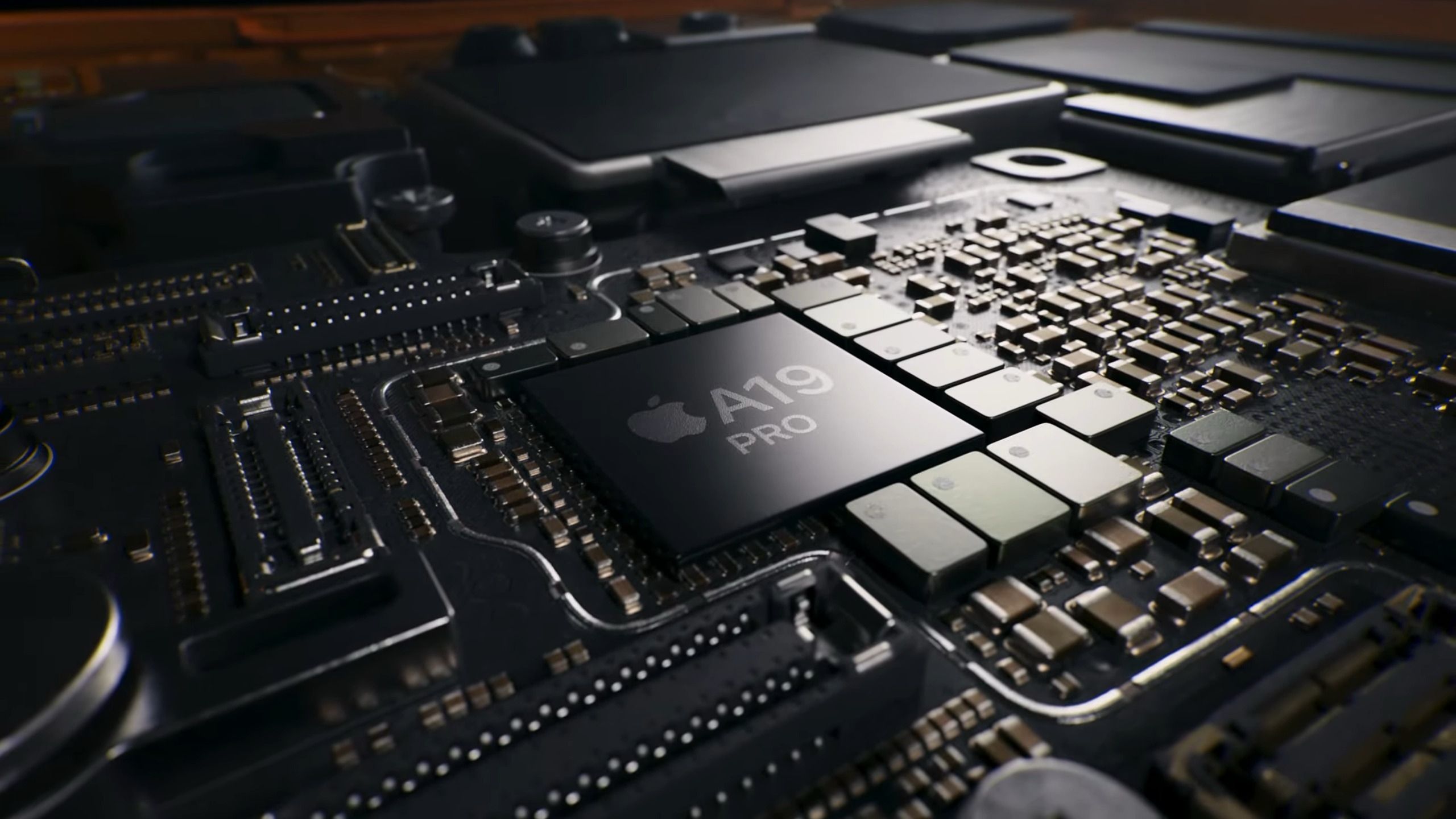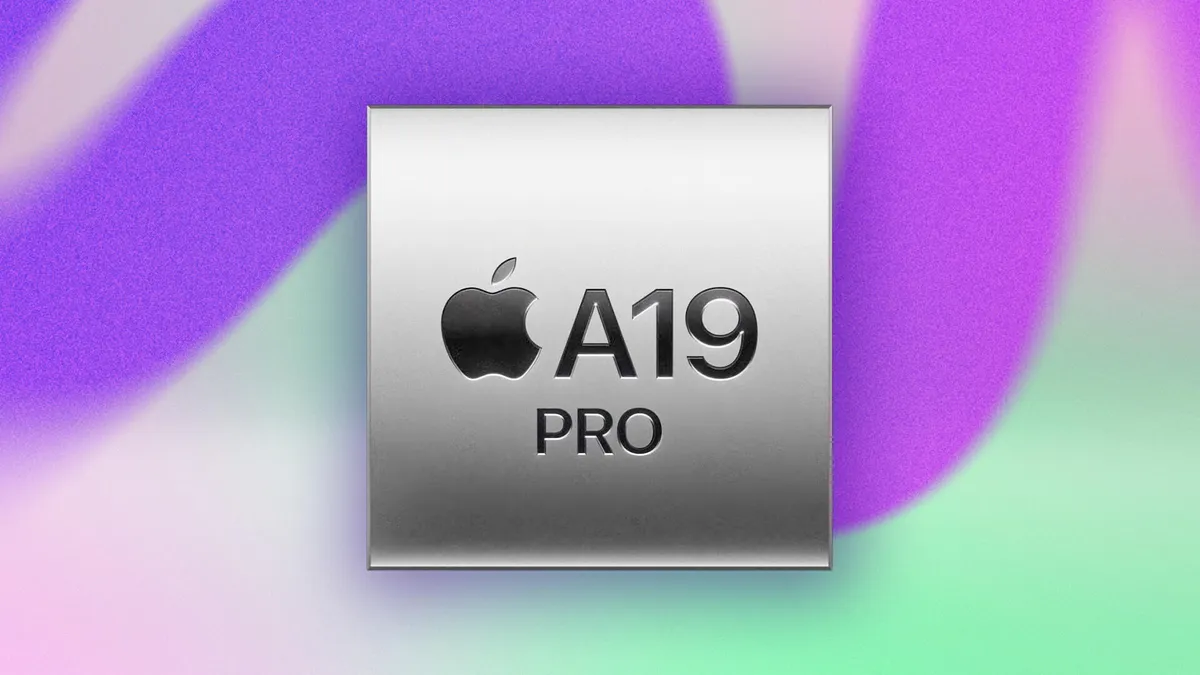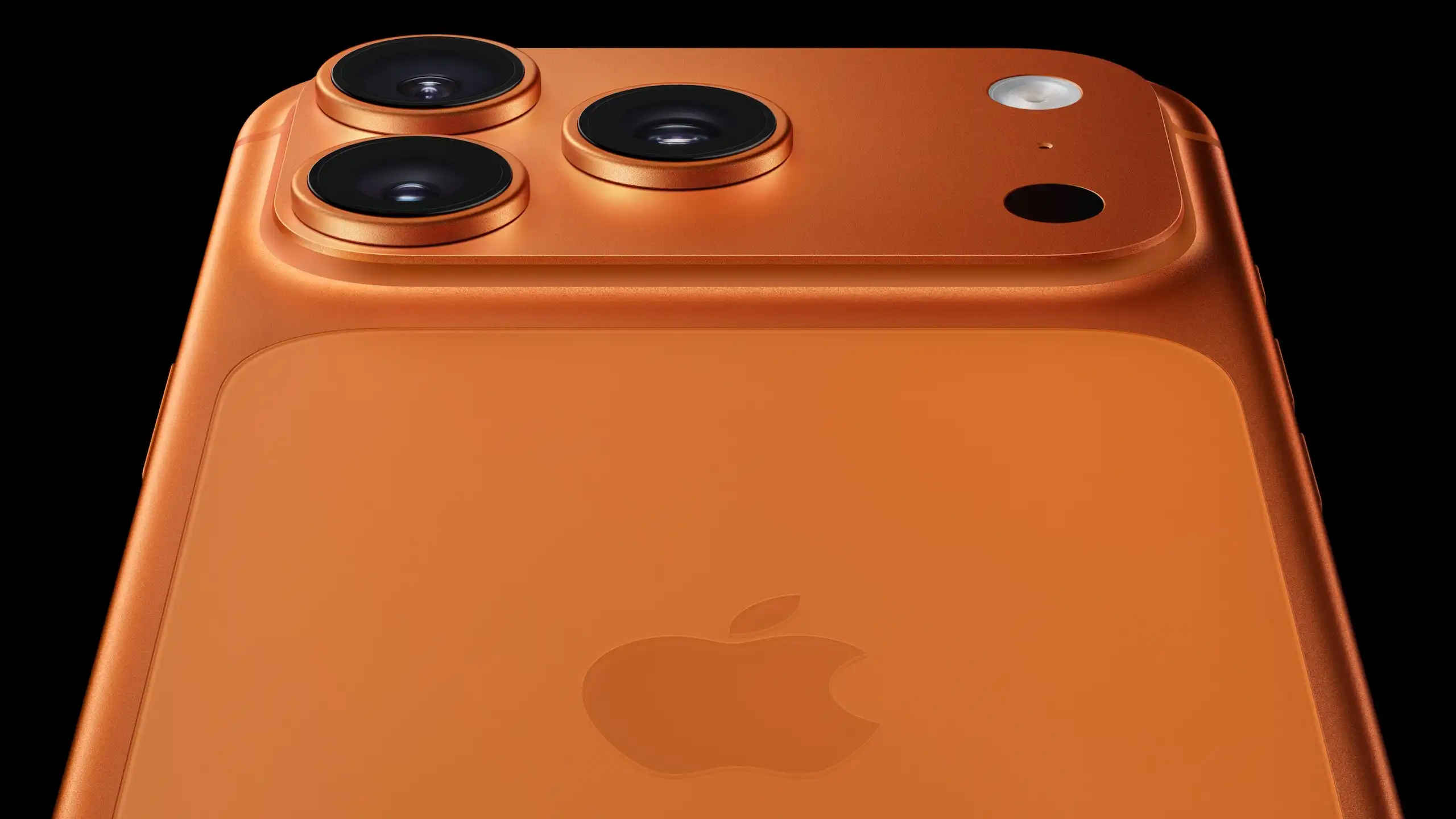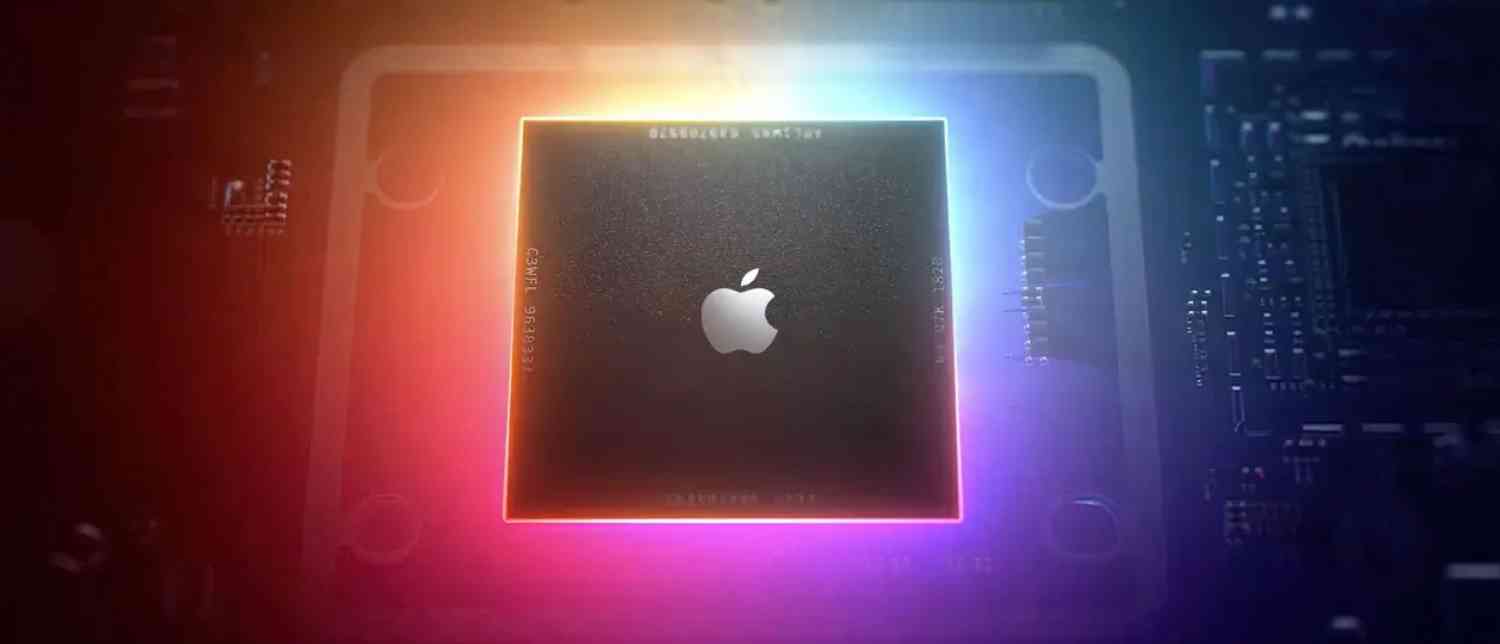Apple’s A19 Pro chip is attracting attention for its potential to reshape on-device artificial intelligence (AI) capabilities, especially in the new iPhone 17 Pro and iPhone Air models. Released in early September 2025, the chip leverages advanced hardware to boost AI tasks directly on the device, promising faster and more efficient performance without relying heavily on cloud computing. This article explores whether the A19 Pro is set to redefine on-device AI by looking at its features, improvements, and broader implications.

The A19 Pro builds on Apple’s tradition of leading chip innovation with a highly advanced 3-nanometer manufacturing process by TSMC. It features a 6-core CPU, with some models offering a 6-core GPU (like the iPhone 17 Pro) or a 5-core GPU (in iPhone Air), and a 16-core Neural Engine dedicated to AI workloads. Apple claims this chip offers the fastest CPU in any smartphone and its most advanced GPU yet. Enhancements like a 50% larger cache, improved bandwidth, and advanced dynamic caching in the GPU allow the A19 Pro to handle complex tasks more smoothly, including AI computations.
A standout feature is the "Neural Accelerators" linked to each GPU core that provide up to 4 times the peak computing power compared to the previous generation, the A18 Pro. This significant boost means that AI-powered functions such as Siri, image recognition, voice processing, and other machine learning tasks can be processed locally on the device faster and more efficiently. This local processing avoids the need for constant internet connections and reduces data privacy concerns since data doesn’t need to be sent to external servers.
Apple even compared the A19 Pro’s AI performance on the iPhone Air to that of a MacBook Pro, illustrating the chip’s capability to handle GPU-intensive AI workloads on a small device. This is notable because it hints at a future where not only smartphones but also lightweight laptops might benefit from this chip’s AI power. The advanced thermal architecture in the iPhone 17 Pro further supports sustained high performance, avoiding overheating and throttling during intensive AI or gaming tasks.

From a broader perspective, the A19 Pro could help Apple close gaps with competitors in AI, particularly against Google’s Pixel phones powered by the Gemini AI model. Apple’s strategy suggests an imminent AI upgrade to Siri and other on-device AI features, leveraging this chip’s enhanced capabilities to offer smarter, faster, and more responsive AI experiences. This approach also reflects a growing industry trend to emphasize on-device AI for improved privacy, reliability, and speed.
However, the A19 Pro doesn’t introduce any dramatic surprises; rather, it is an evolutionary leap with a focus on refinement and incremental efficiency gains. AI enthusiasts might have hoped for more revolutionary features, but the chip establishes a strong foundation for future AI development and integration in Apple devices. It enables developers to create more powerful local AI applications, which could expand the ecosystem of AI-based mobile software.

In conclusion, Apple’s A19 Pro chip is indeed poised to redefine on-device AI by substantially improving local AI processing power while ensuring efficiency and privacy. Though it might not be revolutionary on its own, it represents a meaningful step forward in the practical deployment of AI technology directly on smartphones and potentially beyond. This advancement aligns well with broader tech trends emphasizing user-centric, privacy-focused AI experiences and sets the stage for future innovations in Apple’s hardware and software ecosystem.
With inputs from agencies
Image Source: Multiple agencies
© Copyright 2025. All Rights Reserved. Powered by Vygr Media.





















